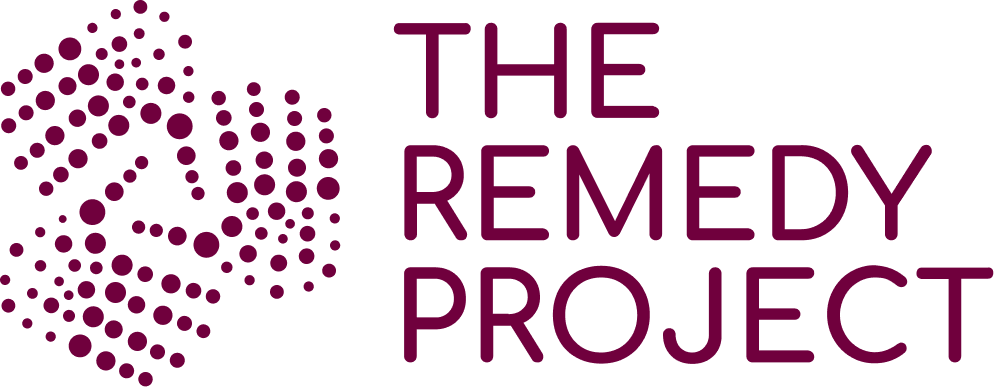Responsible contracts as a tool of Human Rights Due Diligence
The advent of mandatory human rights due diligence (mHRDD) laws has prompted companies to invest time and resources in exploring innovative tools to meet their legal obligations under new regulatory regimes. As highlighted by the Responsible Contracting Project, one significant tool of mHRDD is commercial contracts, especially under European Union’s Corporate Sustainability Due Diligence Directive (CSDDD). Contracts indeed are the foundational basis of the relationship between businesses bound by mHRDD laws and their supply chain partners. Companies in scope looking to implement their obligations under mHRDD laws could consider the following approaches to responsible contracting:
Alignment of purchasing prices with living wages
There is a considerable body of evidence documenting how unsatisfactory purchasing prices have adverse effects on the human rights of workers. Companies adopting contracts as a human rights due diligence (HRDD) tool would benefit by building fair purchasing prices into contractual agreements that are in line with living wages for workers. This will help ensure that decent work and fair labour outcomes for rightsholders are actually achieved. Such a provision not only aids worker satisfaction and retention ensuring business continuity but also addresses, prevents, and mitigates adverse impacts on rightsholders.
Cost sharing of HRDD processes
Suppliers across sourcing countries have expressed their concerns regarding the increased cost of implementing systems-based changes as mandated under mHRDD laws. Conducting effective HRDD, which is an ongoing process, requires increased costs for ensuring operations and procedures are well-equipped to detect and manage risks. While larger suppliers may be able to absorb the costs, small and medium enterprises may not have the financial means to do so. Businesses bound by mHRDD laws could lay down cost sharing models in contracts to ensure risk identification and risk management is not reduced to a checkbox exercise but is a robust and effective process with suppliers having access to financial assistance to implement the required changes in their operations.
Rightsholder centric approach to Corrective Action Plans (CAPs)
In instances of deviation from standards set out in supplier code of conducts, businesses should prioritize both backward- and forward-looking remedies to address the harm suffered by rightsholders and ensure that the adverse practice identified is altered. Risk management is an incomplete process without effective remediation of rightsholders. Upon identification of risks, contracts should have provisions for remedies that focus not only on the process of providing remedy but also on the outcomes of remedy. Incorporating a rightsholder centric approach in tools such as CAPs which are used to modify adverse practices would aid companies in ensuring affected rightsholders in their supply chains duly receive remedy for the harm suffered.
Tailoring contracts based on sector and region-specific risks
Companies would also benefit by engaging and collaborating with their suppliers to understand suppliers’ perspectives on the landscape of risk in their respective geographies and sectors. This enables companies to meet their mandate under mHRDD laws by tailoring contracts that address sector and region-specific risks and set up provisions that can target and address specific risks.
